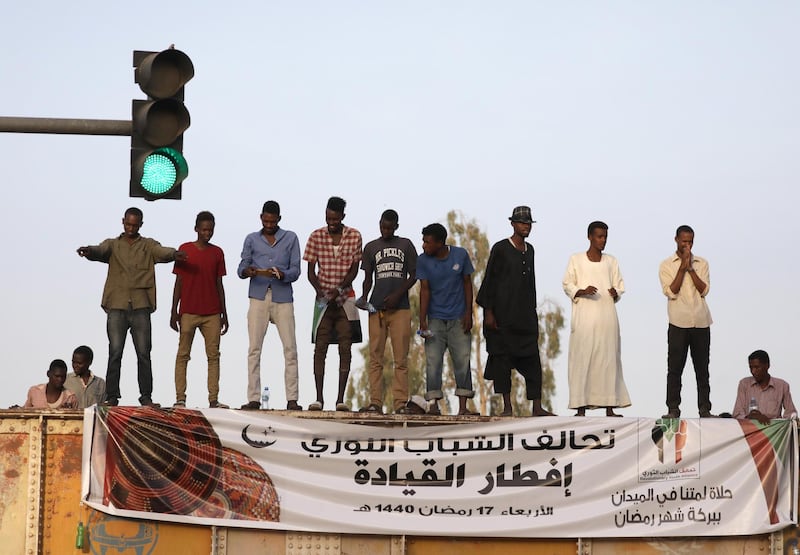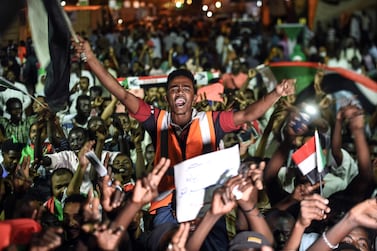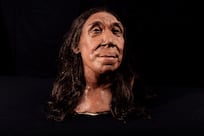Sudan's protest leaders said Thursday they would seek advice from demonstrators camped outside the army headquarters on how to break a deadlock in talks with the military on installing civilian rule.
Talks between the two sides have been suspended since Monday after a disagreement over who should lead a new governing body - a civilian or the military.
The protest movement, the Alliance for Freedom and Change, said it would launch a campaign to urge demonstrators who have been rallying for weeks outside the army complex in Khartoum, and in other cities, to come up with a solution to overcome the impasse.
"We will give them all the information, we will listen to their views on how they want to go ahead with the revolution," the umbrella protest group said in a statement.
The group has led the nationwide protest movement against longtime leader Omar Al Bashir that finally led to his ouster on April 11.
The generals who seized power after Mr Al Bashir was toppled have resisted calls from the demonstrators and the international community to step down, insisting that a new governing body be headed by an officer.
"We have one pending issue with the Transitional Military Council, the composition of the new sovereign council for which we have no agreement," said the alliance.
The statement, addressing thousands of supporters camped outside army headquarters, warned of "alternatives" to put pressure on the general.
"We have all alternatives, to launch a strike or a civil disobedience movement. The decision is yours," it said.
On Thursday, employees of several companies as well as government institutions, including the central bank, held spontaneous demonstrations in parts of Khartoum in support of the protest movement, witnesses said.
Later, scores of medics held a rally in front of a hospital in the capital.
They expressed their solidarity with the protesters, chanting "Fall of the military rule" and "civil rule is the people's decision".
"We came from hospitals to make our voice heard that we are with the revolution from its beginning until now," said Omar Abdoun, a surgeon.
Medics along with engineers and teachers played a key role in nationwide protests against Mr Al Bashir's rule by forming the Sudanese Professionals Association, the group that initially launched the anti-Bashir campaign.
The ruling military council meanwhile announced one of its members had left on "health grounds," adding that he had been replaced by Lieutenant General Jamaleddine Omar.
Several rounds of talks have failed to finalise the makeup of the new ruling body, with both the generals and protest leaders insisting on their demands.






